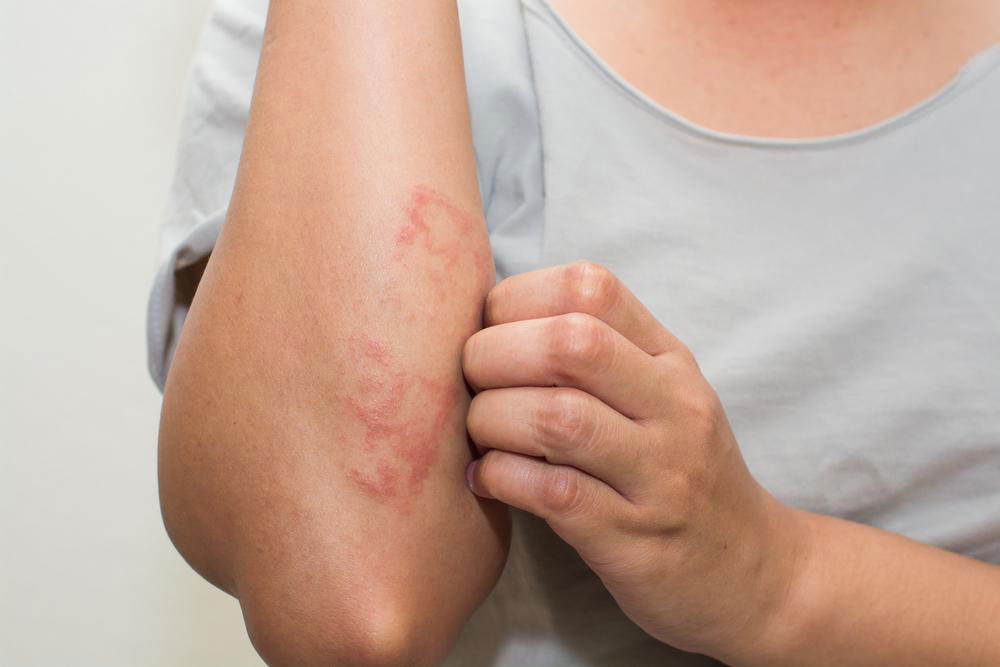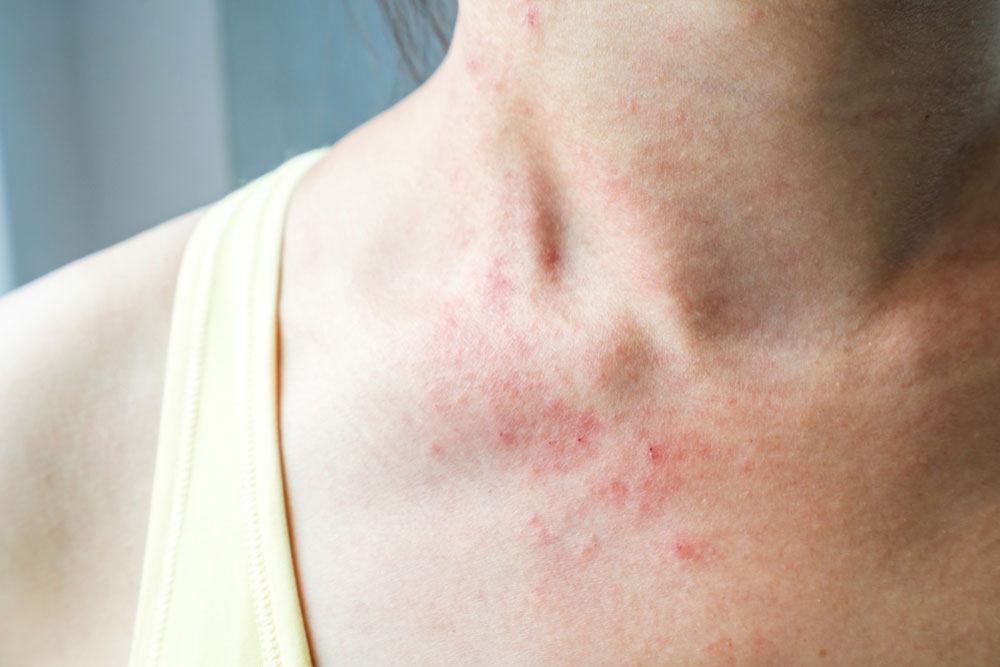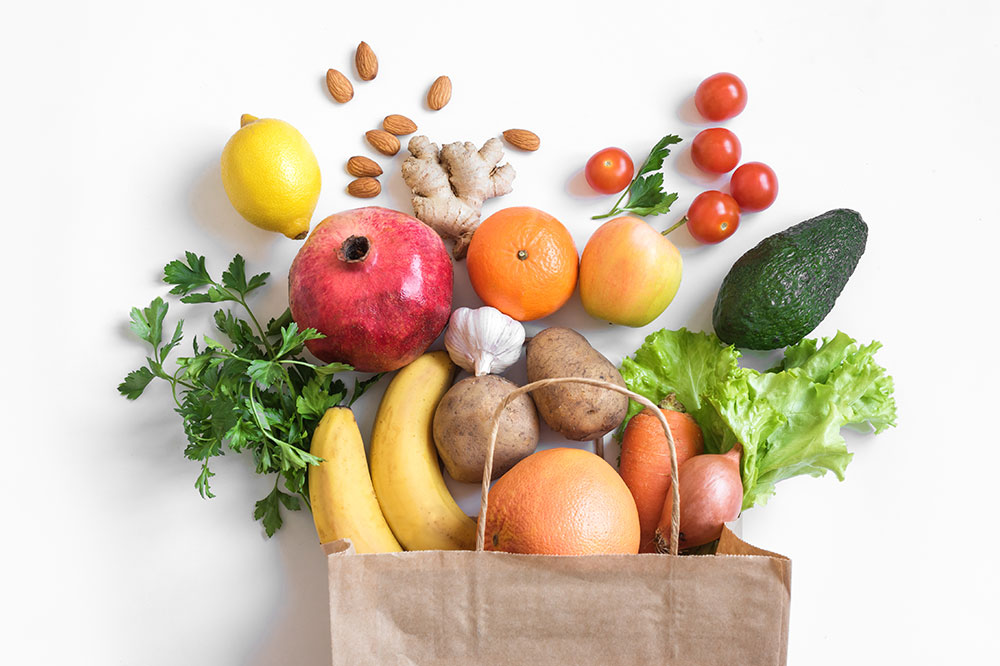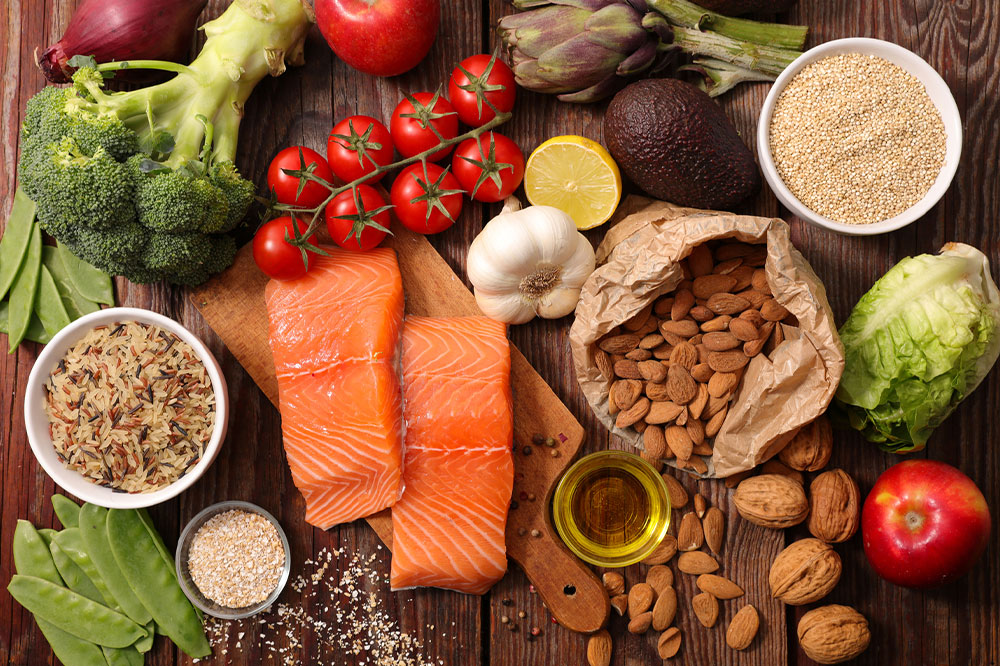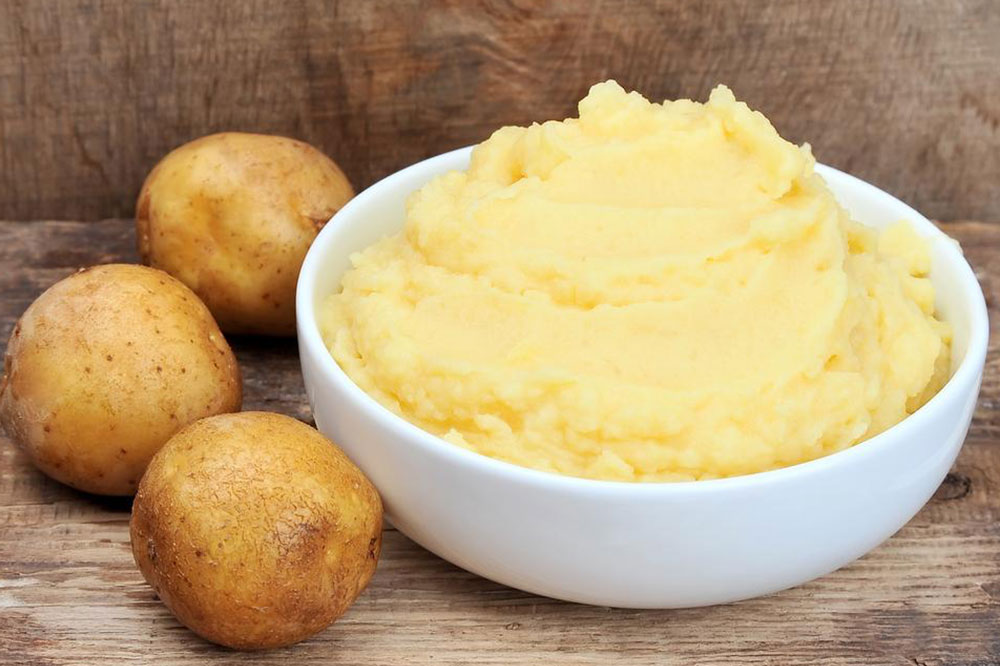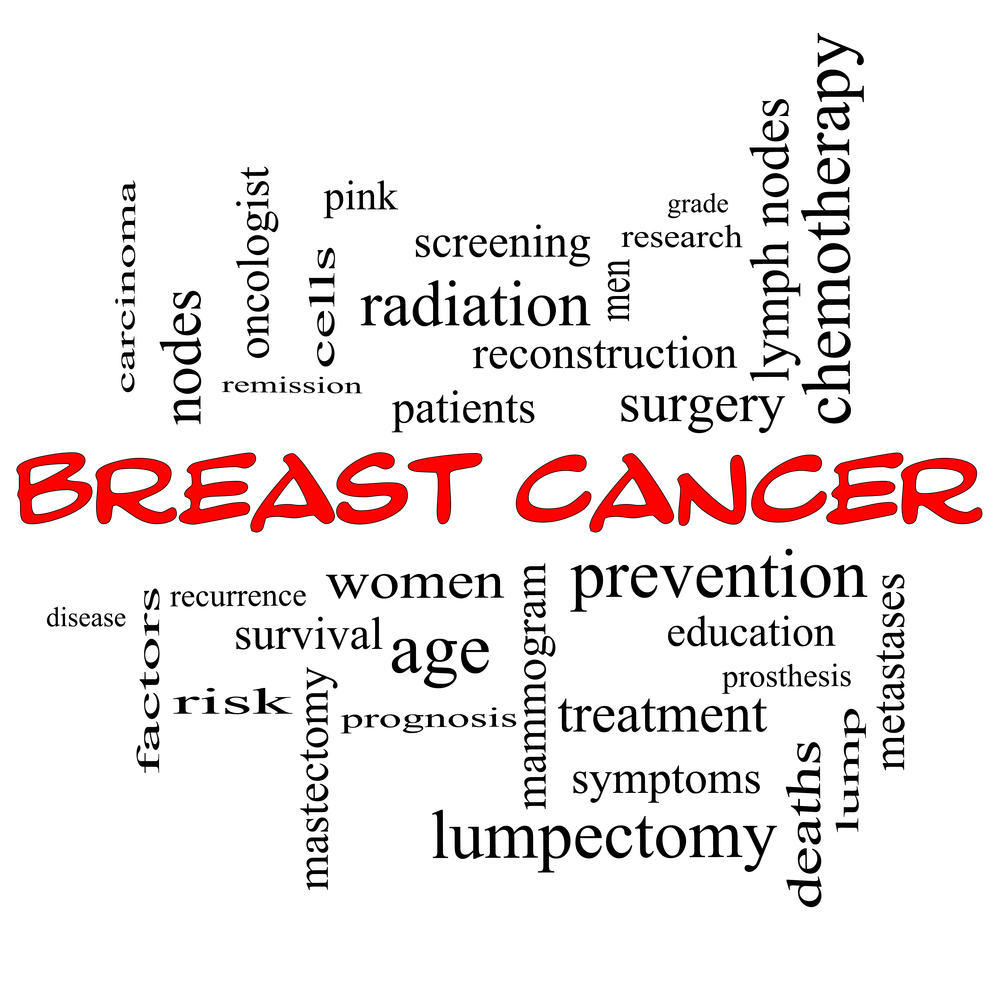Understanding Mycosis Fungoides: Dietary Tips and Treatments
This article explores mycosis fungoides, a rare skin lymphoma, highlighting key dietary adjustments and treatments. It discusses foods to avoid, such as processed meats, alcohol, and sugary drinks, as well as beneficial foods like garlic, strawberries, and carrots. Medical options including lenalidomide and Bexarotene are also covered. Emphasizing that diet and medication are vital in managing the disease, the article aims to inform patients on effective strategies for better health outcomes and symptom control.
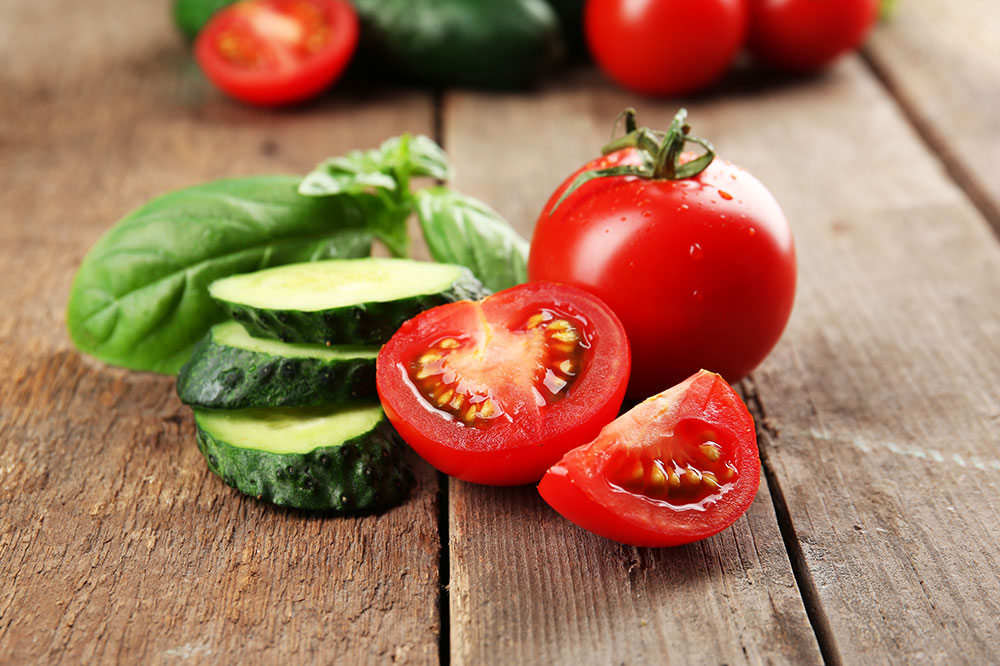
Understanding Mycosis Fungoides: Dietary Tips and Treatments
Mycosis fungoides is a rare form of skin lymphoma that progresses slowly and is chronic in nature. It involves malignant T-cells affecting the skin, causing various lesions. The disease unfolds in four progressive stages, each more severe than the last. Beyond medical treatments, your diet can influence the disease's trajectory—certain foods may worsen symptoms, while others might help manage the condition effectively.
Foods to Avoid for Better Management
Processed meats
Preserved through salting, curing, or smoking, processed meats often contain nitrates and nitrites. These chemicals can increase cancer risks and may contribute to the development of mycosis fungoides.
Alcohol
Alcohol intake releases acetaldehyde, a compound that can damage DNA, promote abnormal cell growth, and elevate cancer risk. Limiting alcohol is recommended for patients managing this condition.
Sugar-laden beverages
Beverages high in added sugars are calorie-dense and can lead to weight gain or obesity, which significantly increases the likelihood of developing cancers, including skin lymphomas.
Foods that May Support Disease Management
Garlic
Garlic contains sulfur compounds that inhibit carcinogenic processes, repair damaged DNA, and may destroy existing cancer cells, making it beneficial for those with mycosis fungoides.
Strawberries
Rich in vitamin C and ellagic acid, strawberries possess properties that can inhibit tumor growth and potentially slow cancer progression.
Carrots
Carrots are high in beta-carotene, which helps protect cell membranes and may slow the advancement of cancerous cells, including those involved in mycosis fungoides.
Medical Treatments for Mycosis Fungoides
Aside from diet, medications play a crucial role in controlling symptoms.
Lenalidomide
This drug targets and destroys abnormal cancer cells while inhibiting blood vessel formation that sustains tumor growth.
Bexarotene
Containing vitamin A derivatives, Bexarotene slows the proliferation of cancer cells and can be administered orally or topically.
Important Notice:
The information provided regarding symptoms, treatments, and health management is for educational purposes only. This content is not a substitute for professional medical advice. Always consult licensed healthcare providers for diagnosis and treatment decisions.

